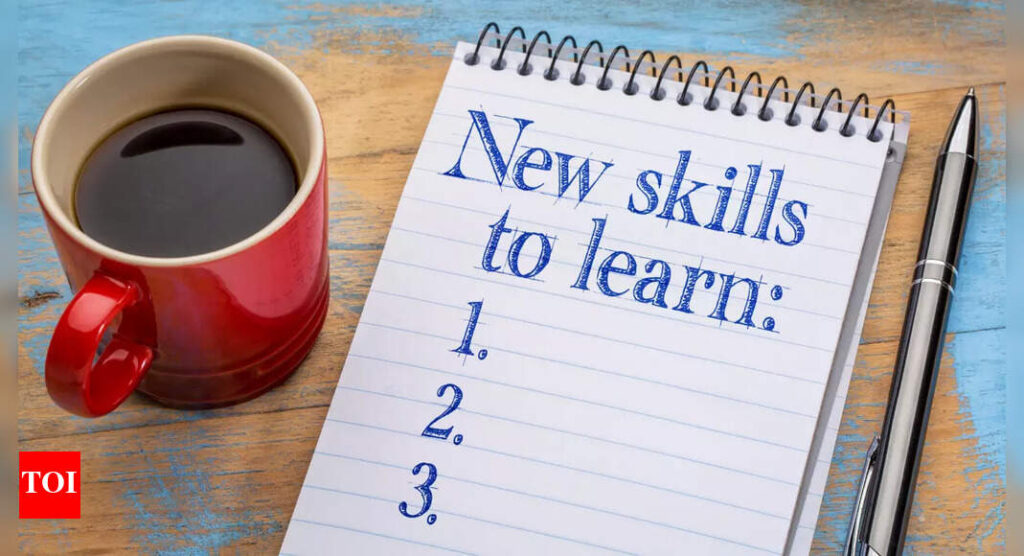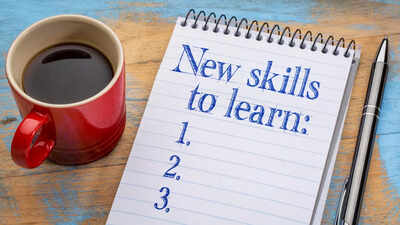A freshly minted degree once symbolized a clear path to employment. Today, it’s just the beginning of the journey—and often, not the most important part. As the job market undergoes seismic shifts in 2025, employers are quietly redrawing the map of what makes a candidate truly valuable. Academic merit alone, once a golden ticket, is now just a footnote.In its place: a sharpened demand for demonstrable skills, global fluency, and tech-first thinking. A new breed of job candidate is emerging: Those who blend learning with doing, theory with agility, and knowledge with human-centric insight.
The experience deficit: Why employers are wary
According to data from Hult/Workforce Intelligence cited by Forbes, 75% of employers believe universities are falling short in preparing students for real-world work. And while resumes still list majors and GPAs, hiring managers are scanning for something else entirely, proof of action, not just education.Real-world experience, gained through internships, freelance projects, volunteering, and hands-on simulations, is increasingly viewed as the backbone of career readiness. These encounters help students develop critical soft and hard skills, problem-solving, time management, negotiation, and adaptability, which classrooms alone rarely nurture.
Global mindset : More than a buzzword
Workplaces today are borderless, even if the employees never board a plane. A global mindset, once reserved for diplomats and multinational executives, is now a baseline expectation across industries.Yet, only 39% of students feel prepared globally by their academic institutions, according to the Forbes report. Exposure to cultural diversity on campus, multilingualism, international exchange programmes, and coursework that interrogates global systems are now non-negotiable for those aiming to be competitive. Employers want candidates who can think beyond geographies, understand cross-cultural cues, and solve problems with global consequences in mind.
The lost art of human skills
In an age obsessed with automation, it’s ironically the human elements that stand out. Communication, teamwork, curiosity, and empathy, often lumped together as “soft skills”, are making a fierce comeback, not as bonuses but as essentials.Forbes’ report underscores that team-oriented mindsets and interpersonal fluency are pivotal to thriving in fast-moving, collaborative work environments. These skills are the connective tissue of successful organizations. Whether it’s ideating in a cross-functional task force or resolving conflict in a hybrid team, students must now be fluent in more than just PowerPoint; they must be fluent in people.
Tech-savvy or tech-obsolete
No skill has shifted the landscape of employability more than fluency in Artificial Intelligence. AI literacy is no longer a niche technical advantage; it’s a core competency across fields, from healthcare to journalism, finance to education.The Forbes report notes that institutions must teach students how to harness AI tools not just for efficiency, but for creativity, innovation, and impact. Employers are scouting for those who can automate intelligently, analyze data meaningfully, and innovate fearlessly. And it’s not just about knowing Python, it’s about knowing how AI reshapes the very nature of work.
Degrees with direction, not just decoration
The implications are clear: educational institutions must reimagine their role, not as degree factories but as launchpads for skills. And students must stop treating college as a checklist and start treating it as a training ground.In 2025’s fiercely competitive job ecosystem, what you know matters, but what you can do with what you know matters more. Candidates who combine academic excellence with experiential learning, a global lens, tech fluency, and human dexterity will not just survive—they will lead.
The new employability equation
The degree isn’t dead. But it is dethroned. The future belongs to students who evolve from passive learners into active contributors, who treat classrooms as rehearsal and the world as their stage.In the economy of tomorrow, adaptability isn’t an edge, it’s the entry fee.


